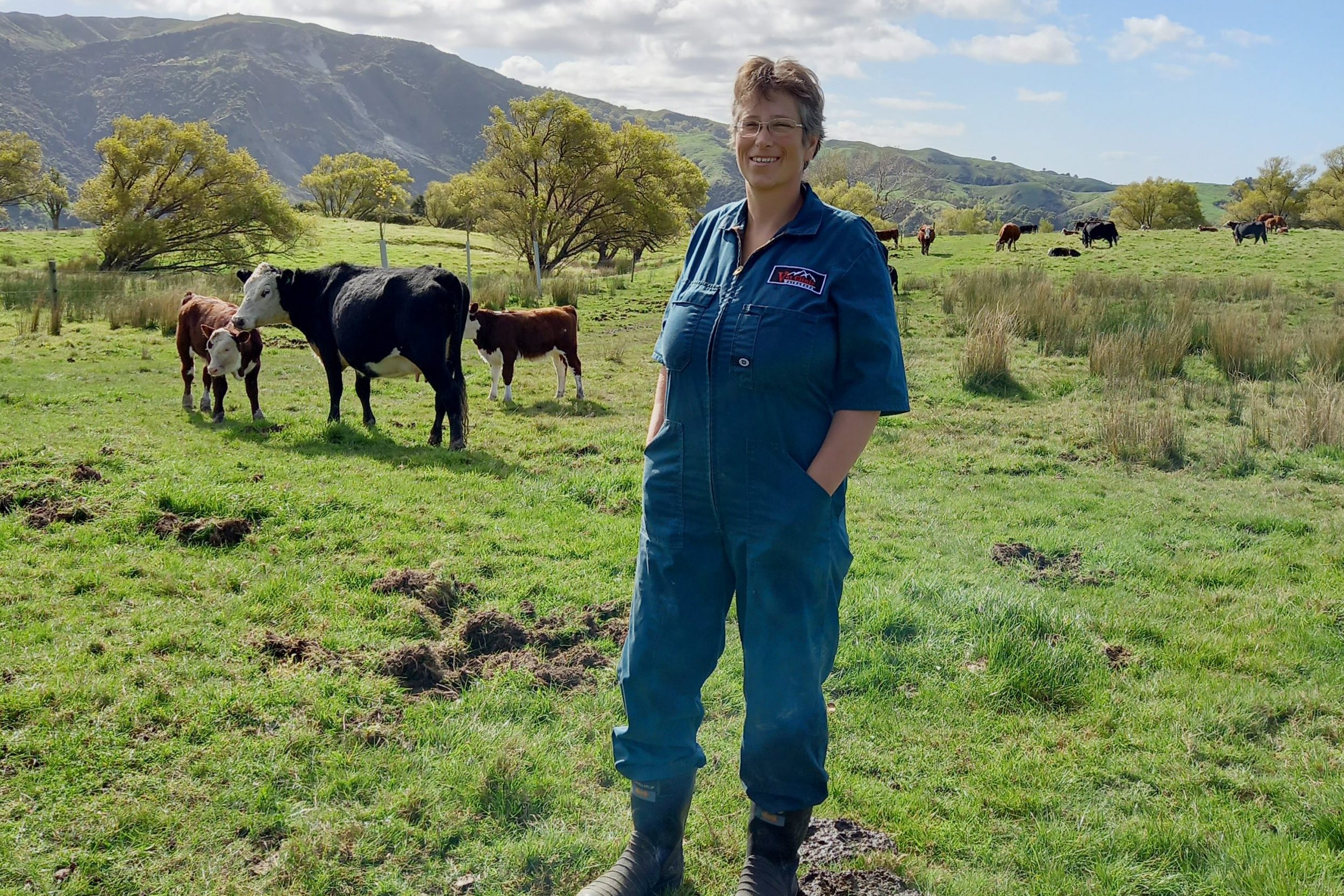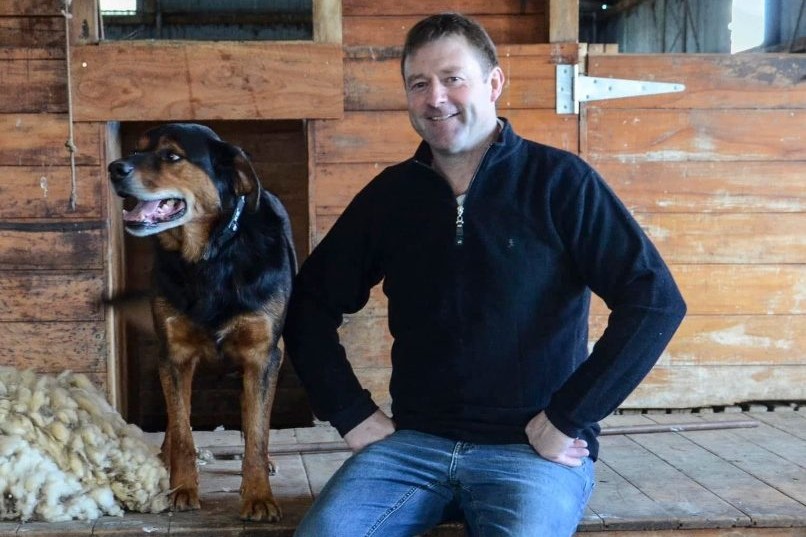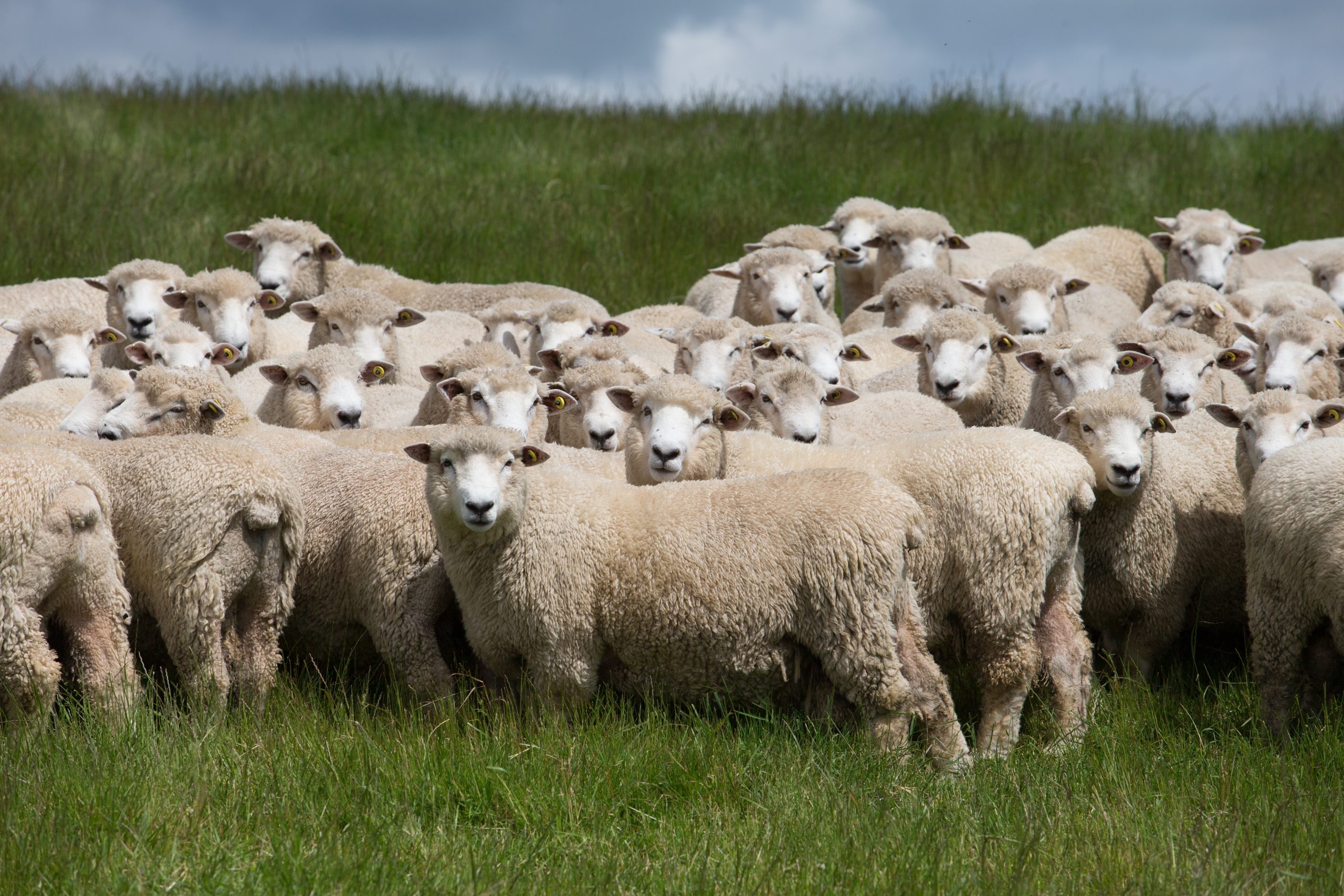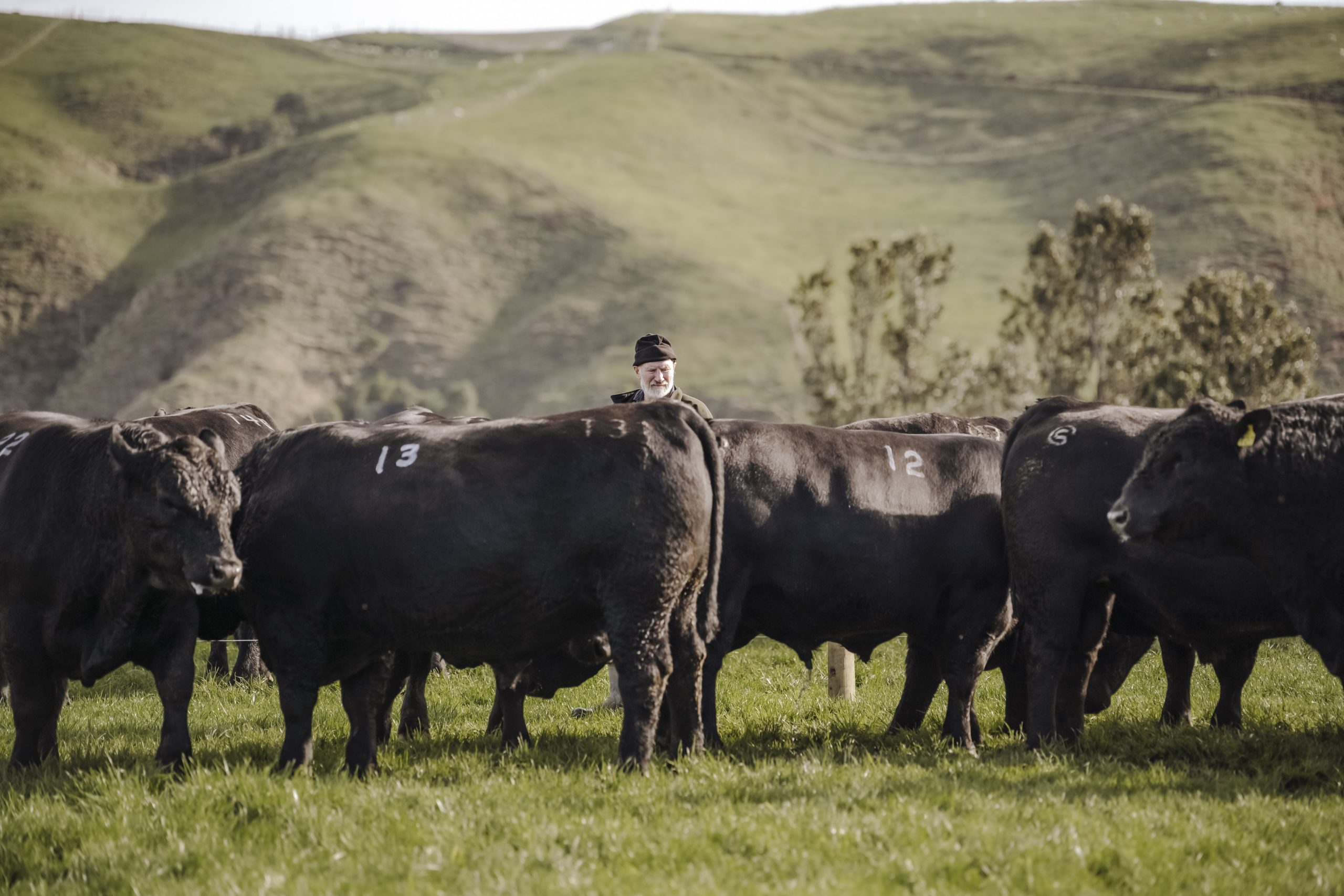BY: SANDRA TAYLOR
Well-known production animal consultant Trevor Cook is urging farmers to think about the time and material-related costs associated with wool production.
Trevor says beyond the costs associated with shearing, there is a cost to the time taken yarding for wool-specific jobs, monitoring sheep for flystrike, the labour required for dagging, crutching, jetting and the materials and agri-chemicals associated with these jobs.
“These gobble up a good chunk of a labour unit.”
Trevor says a figure calculated some years ago estimated that the cost of wool production, not related to shearing expenses and insecticides, was about $9/ewe.
While he points out that these costs have always been there, they were diluted by reasonable returns for crossbred wool, which is no longer the case.
Even if a sheep grows less wool, there are still the associated management costs.
With prices for crossbred wool reaching new lows, Trevor thinks composite sheep, not selected for wool production may come back into favour, especially those that only require shearing once a year.
“There are a lot of Romneys still producing a good fleece of wool and have all the work associated with that.”
This also includes the grazing management sometimes required to prevent fleece contamination by weeds or burnt foliage, or getting trapped in blackberry.
Another option might be breeding sheep that are not growing wool on the extremities so they don’t require dagging or crutching.” Some breeders have already made good progress in producing sheep like this.
“It does reduce the cost when you don’t have to dag, crutch or belly.”
Similarly, there may be an opportunity for the industry to select sheep resistant to flystrike.
“We know it is heritable but how do you put a selection programme in place?
“If you didn’t get flystrike it would remove a lot of the associated costs including time and materials.”
Trevor says all the farmers he has spoken to that have moved to woolless sheep overwhelmingly comment on how much easier sheep farming is without wool production.




